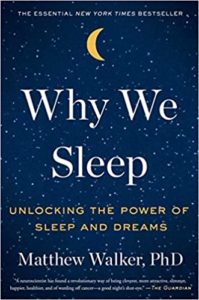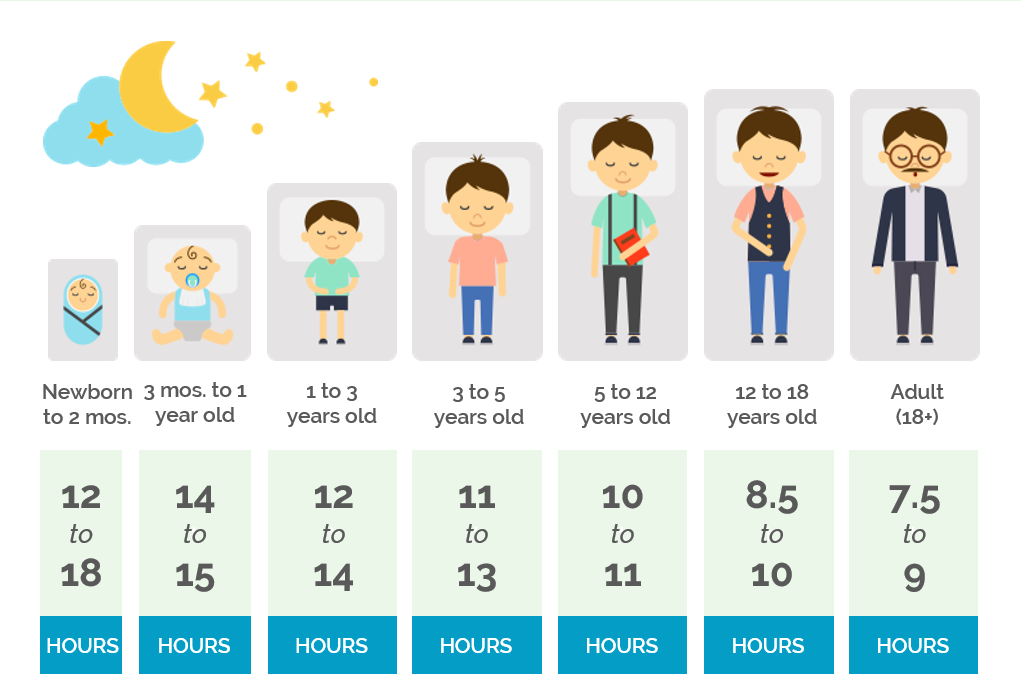Understanding sleep, the power of it and how to get as much high-quality sleep as possible is one of the healthiest things we can do.
Sleep is a naturally recurring state characterised by reduced or absent consciousness, and the inactivity of nearly all voluntary muscles. It timing is controlled by the circadian clock, and in humans, to some extent by willed behaviour. Sleep is restorative, and without it we are not able to work, learn, create and communicate at our highest level. With time, lack of sleep can lead to mental and physical breakdown.
Sleep has also been shown to be linked to the immune system and loss of can impair our immune function.
When we sleep, our metabolic rates reduce and free radical production is decreased, allowing restorative processes to take over.
Sleep supports higher-level cognition functions such as decision-making, reasoning and memory.
Effects of Sleep Deprivation
Everyone experiences trouble sleeping from time to time but problems may occur when regular disturbances happen frequently and these can begin to affect your daily life.

- Fatigue & lethargy
- Foggy mind
- Reduced creativity and problem-solving skills
- Concentration and memory problems
- Difficulty making decisions
- Reduced immunity
- Frequent colds and infections
- Increased risk of diabetes, heart disease, & other health problems
- Lack of motivation
- Inability to cope with stress
- Moodiness and irritability
- Impaired motor skills & increased risk of accidents
How Much Sleep Do We Need?
There is no system or protocol to how many hours of sleep we should get, and the best way to evaluate it is to monitor how we feel throughout the day. If energy is low, memory is poor and we don’t feel alert, then chances are we need more sleep.

A baby needs 12 to 18 hours per day, whereas an adult should get 7.5 to 9 hours per night… or day.
If you would like a FREE guide with all this information on ‘How To Sleep Better’, then leave a comment below with the word ‘Tired’ and I will send it over to you 👇
Yours optimally,
Scott
